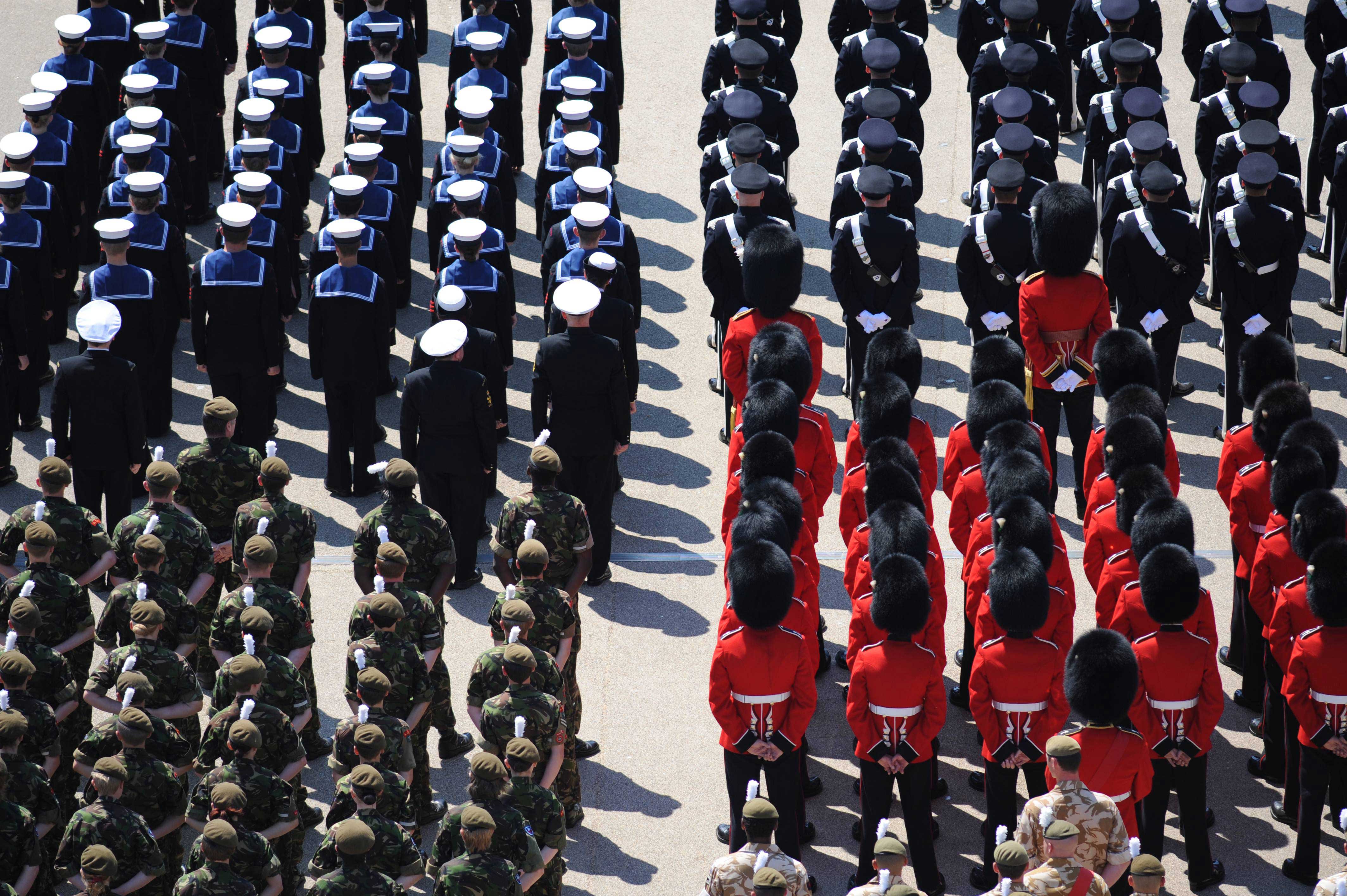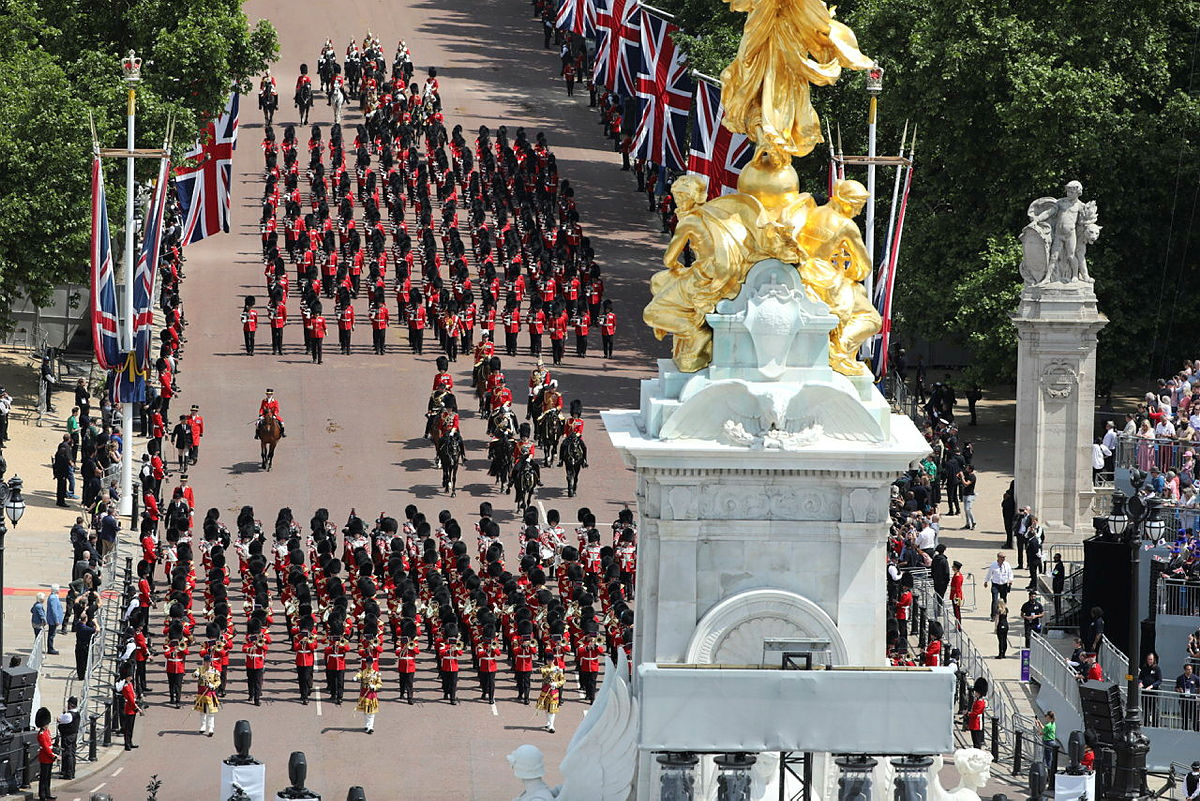Ideas about whether facial hair is allowed in the military have differed throughout the years.
In the mid-19th Century, facial hair was an unusual sight in the British Army, except for the Infantry Pioneers who were the only ones for whom it was tradition to have a beard. Later facial hair, moustaches and beards became more common in the military and it was even encouraged during the Crimean War, especially during winter months when the soldiers were encouraged to grow full beards.
Regulations were later introduced which actually prevented soldiers from shaving above their top lip, ensuring that, those who could grow a moustache, had to have one. It wasn’t until 1916 when the rule was abolished by Lieutenant General Sir Nevil Macready who disliked his own moustache. Since 1916 the British Army, Royal Air Force and the Royal Marines have allowed moustaches and connected side whiskers, and only allowed full beards if they were grown for medical reasons or religious reasons.
Facial Hair in the British Army
When on parade, the only Army rank allowed to wear a beard is that of Pioneer Sergeant, who also carries a battle axe instead of a bayonet. The tradition was for one Pioneer to march in front of the regiment clearing the path for the soldiers behind. They can also be seen wearing an apron, which, in years gone by, would protect his uniform whilst he was performing his duties. The Pioneer Sergeant also acted as a blacksmith for the unit so was therefore allowed a beard to protect his face from the heat. Even though they are not compulsory for Infantry Pioneers, most do choose to grow a beard. It is also permitted in the Scottish Infantry regiments and sometimes expected, especially by the Drum Major, Pipe Major and Commanding Officer’s piper.
In more recent years, the British Army has seen a full range of facial hair. This is often in an effort to blend in, especially when in Afghanistan where facial hair is seen as a sign of authority. When the soldiers are on tour water is harder to come by so often they understandably prioritise the water for drinking, rather than for shaving. There is also a more practical reason for facial hair being banned, if the soldiers ever need to use gas masks facial hair breaks the seal around the mouth meaning the masks do not work properly.
Facial Hair in the Royal Navy
The Royal Navy has always allowed full beards but never a moustache alone. If after a period without shaving, it becomes clear that the soldier cannot grow both a moustache and beard then his commanding officer may order him to shave it off.
Facial Hair in the Royal Air Force
The RAF are not allowed to wear beards at all unless for religious reasons and are only allowed moustaches if they are not grown longer than the edge of the mouth. A Royal Navy serviceman, once approved, should keep his beard for six months.
What is clear is that there are numerous rules in the British Military regarding facial hair and beard traditions and seem to differ throughout the various British Armed Forces.





